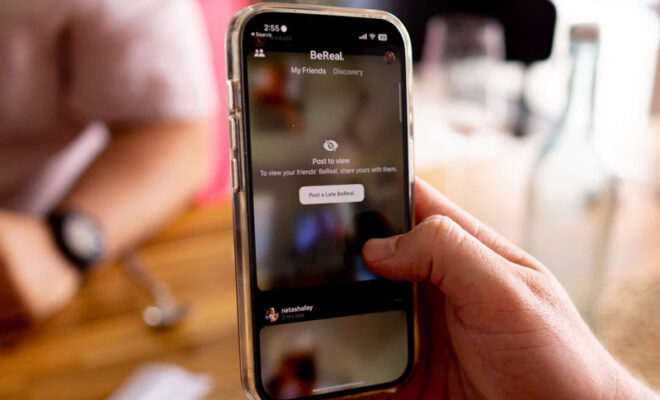Lawsuit Against Meta, Google, TikTok, Snap For Making Children Addicted

A US federal court has made a crucial decision that affects several major tech companies. Meta (formerly Facebook), ByteDance’s TikTok, Alphabet’s Google, and Snap’s Snapchat are now required to face a lawsuit. This lawsuit claims their social media platforms negatively impact children’s mental health.
The issue began when these tech and social media companies, responsible for popular platforms like Facebook, Instagram, YouTube, TikTok, and Snapchat, tried to dismiss several lawsuits. These lawsuits accused them of making their platforms addictive for children.
However, the court, led by US District Judge Yvonne Gonzalez Rogers, decided not to dismiss these cases. This means the companies must now stand trial.
The legal challenge against these companies comes from various school districts across the United States. They argue that these platforms are causing physical and emotional harm to children.
In a striking move, forty-two US states took legal action against Meta last month, focusing particularly on Facebook and Instagram.
They claim these platforms have significantly altered the psychological and social realities of young Americans. The current ruling consolidates over 140 actions taken against these companies.
Judge Gonzalez Rogers stated that the First Amendment and Section 230, which protect online platforms from being liable for third-party content, do not shield these companies from all liabilities in this case.
She pointed out that many claims made by the plaintiffs relate to alleged defects in the platforms, like insufficient parental controls and weak age verification systems, which are not covered under free speech or expression.
To address these defects, Judge Gonzalez Rogers suggested implementing measures like parental notifications to empower parents to manage their children’s access to these platforms.
However, she dismissed some claims protected under Section 230, like setting time limits on platform usage and the use of addictive algorithms.
In response to this ruling, the lead lawyers representing the plaintiffs called it a significant victory, challenging Big Tech’s claim of immunity under Section 230 or the First Amendment.
On the other hand, Google’s spokesperson, José Castañeda, denied the allegations, emphasizing their commitment to providing age-appropriate experiences on YouTube with robust parental controls.
This ruling is crucial as it may set a precedent for how online platforms are held responsible for user safety, particularly for children. While it doesn’t yet determine the legal liability of these tech companies, it certainly challenges their defense against claims of harm caused by their platforms.
Also Read: Why Is Google Asking Not To Download Its ChatGPT Rival Google Bard?
The lawsuit against major social media companies like Meta, ByteDance, Alphabet, and Snap is filed in the United States, but it highlights a worldwide issue.
These platforms are accused of making children addicted to social media, not just in the US but globally, including in India. This case sheds light on the broader impact of social media on children’s mental health and well-being around the world.



